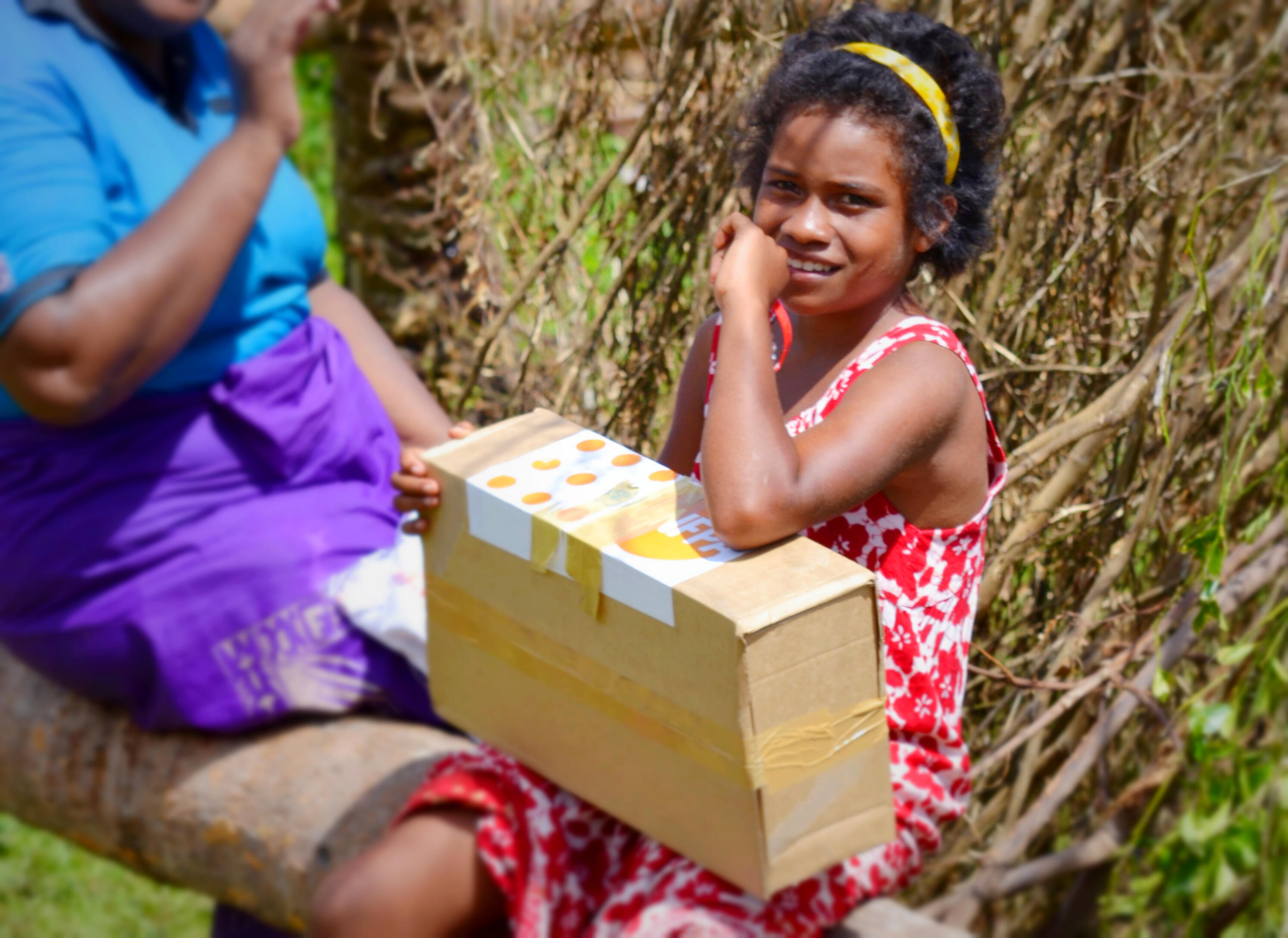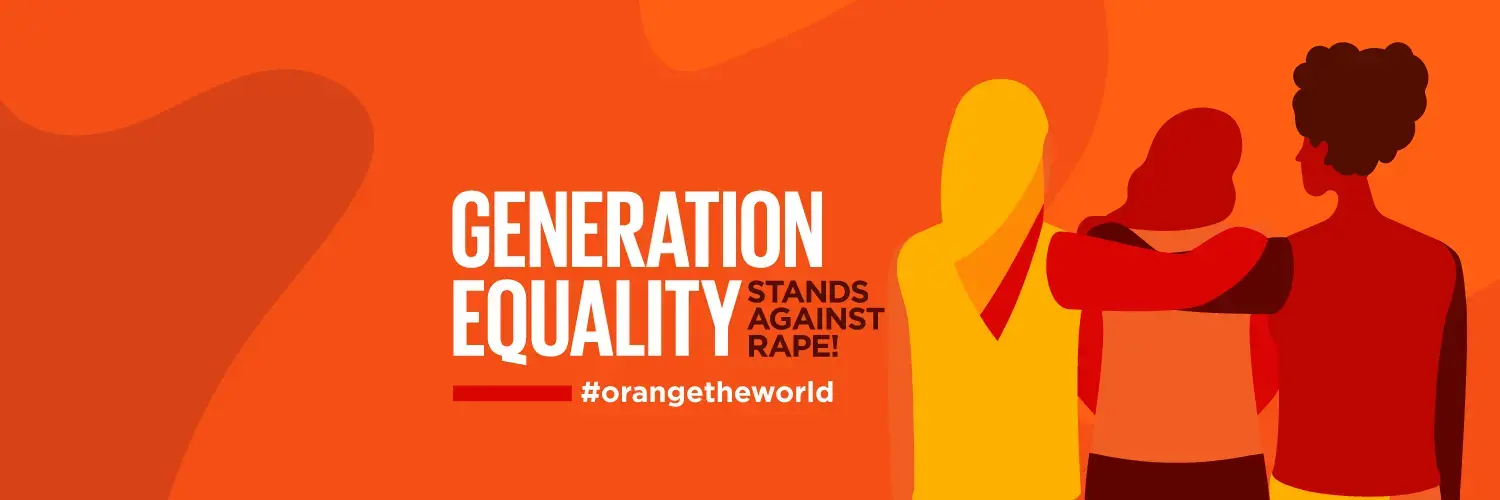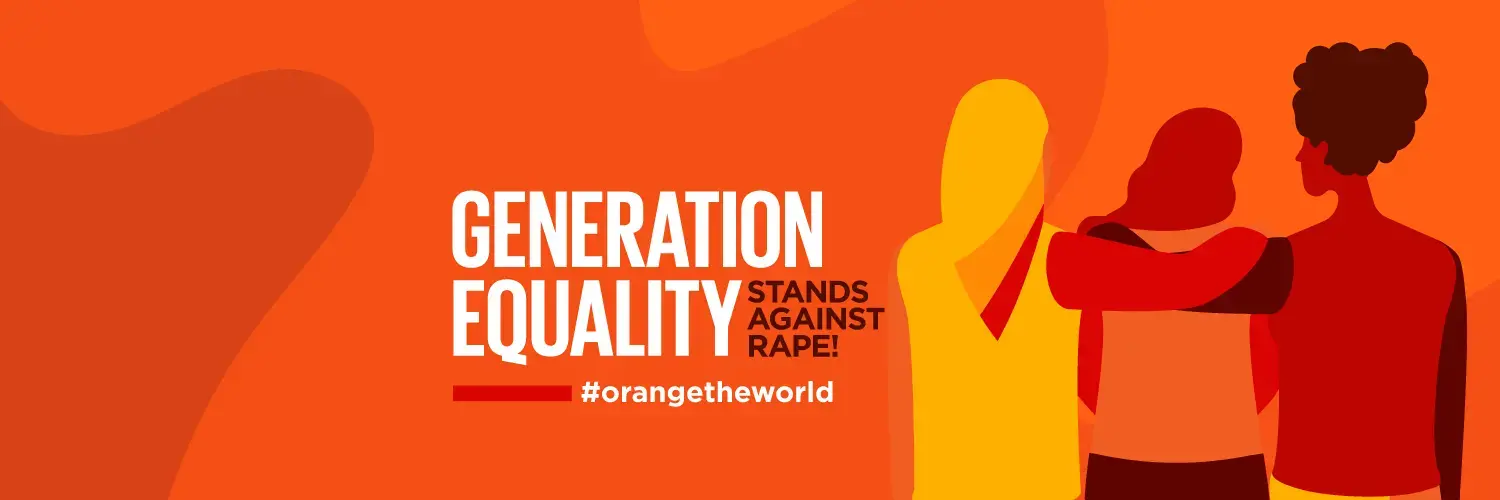Suva, Fiji – The sheer scale of the devastation wrought by Severe Tropical Cyclone Winston in Fiji is becoming clearer by the day, even as health and safety concerns related to affected women and girls are mounting.
Rapid assessment missions of medical facilities and other infrastructure by the Fijian Ministry of Health and the United Nations Population Fund (UNFPA) in some of the hardest hit areas have underscored the challenge in ensuring that the reproductive health needs of these vulnerable populations are urgently met in the days, weeks and months ahead.
Winston, the strongest cyclone ever to make landfall over Fiji, affected an estimated 350,000 people – almost 40 percent of the island nation’s entire population.
An estimated 87,500 of these are women of reproductive age – between 15 and 49 years old – and 5,600 are pregnant.
Many of the worst affected places, already remote to begin with, remain unreachable due to damaged transportation and communications networks. Health facilities, schools and other essential structures have been extensively damaged. Health workers, including birth attendants, are severely challenged in their ability to provide lifesaving services.
"Women and girls are disproportionately impacted during humanitarian emergencies,” noted Dr Laurent Zessler, Director of UNFPA’s Pacific Sub-Regional Office in the Fijian capital, Suva.
“It’s critical that sexual and reproductive health issues are addressed in our response. This includes providing access to protection from unwanted pregnancies or sexual violence.”
It’s well-established that gender-based violence, including rape and sexual assault, often spikes in the aftermath of disasters or situations where women and girls are displaced, increasing the risk of injury as well as sexually transmitted infections including HIV.
Even as damage assessments are being conducted, and well before damaged facilities can be repaired or rebuilt, UNFPA – in partnership with Fijian authorities and civil society organizations – is already providing essential services and supplies via its clean delivery kits and dignity kits for affected women and girls.
Clean delivery kits – made possible in Fiji with the support of the Australian Government -- help with the process of childbirth in a challenged setting, and include critical supplies and items that doctors and other health providers need to assist pregnant women and new mothers and their infants.
Dignity kits include clothes, sanitary pads, condoms and waterproof pouches to protect vital documents such as birth certificates.
“Not only are these supplies important from a health perspective, they also provide women and girls with the dignity they need in these difficult circumstances,” noted Priya Marwah, UNFPA's Asia-Pacific Regional Humanitarian Coordinator.
“They also allow for greater mobility, so that women and girls can go about their daily lives and access humanitarian aid more easily. Sometimes the simplest, most basic interventions can have maximum impact at times of crisis.”
Winston, a Category 5 storm, slammed into Fiji on February 20. At least 43 people were killed. More than 50,000 people have been displaced and remain in shelters.





